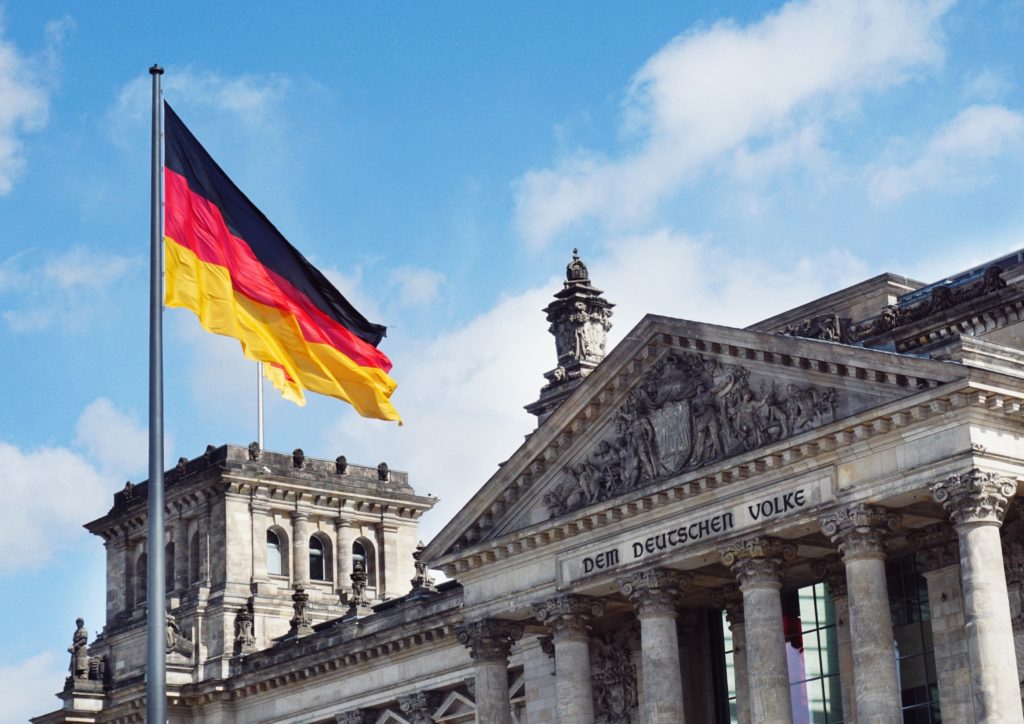Do you intend to relocate to Germany? You’re sure to have a great day with the rich culture, hearty cuisine, and surprises around every corner.
Of course, there can be a little cultural shock for certain folks. But don’t worry; this guide will reassure you and inform you of all you need to know before relocating to Germany.

Learning the language goes a long way
Locals will appreciate expats who attempt to speak a little German here and there, even if many Germans speak English. Additionally, most of the signage you’ll see in more rural locations is exclusively written in German.
Explore some of the most bike-friendly cities
Germans love cycling, and it’s obvious. Bike lanes are essentially present everywhere because many metropolitan infrastructures were constructed with riding in mind.
Berlin and Bremen, both in Germany, are listed in the Copenhagenize 2019 index of bike-friendliest towns, with Bremen taking 11th place globally.
The healthcare system is great
All German citizens, including foreigners, are provided with free healthcare by the government (if they have some sort of health insurance). In Germany, around 87 percent of the population has access to the Gesetzliche Krankenversicherung, which entitles people to join one of 109 insurers, often known as sickness funds.
Taxes are used to pay for Germany’s universal public healthcare system, which offers practically all medical procedures. Even better, any pharmaceutical copayments required by law are typically rather affordable.
Germans are big on recycling
Germany’s “Green Dot” recycling program incentivizes citizens to recycle everything while charging manufacturers greater prices for extra packaging.
Glass bottles are color-coded, organic garbage is delivered to a composting facility, paper and cardboard are recycled, and electronics are sorted to determine their potential for reuse. There is a place for everything.
Christmas is magical
Discover Christmas markets filled with mouthwatering foods and drinks, go skiing down snowy mountains, go ice skating across frozen lakes, or just take in the snow-covered castles.
There is something for everyone, whether you want a family-friendly experience or a crazy weekend in the lead-up to Christmas.
You might get a taste of techno
Berlin is the center of Germany’s unrivaled techno music scene.
Following the collapse of the Berlin Wall, numerous abandoned structures were converted into illegal gathering places, which provided the ideal environment for the city’s enduring love of techno music. However, you’ll be treated to a more lavish performance in the larger clubs, even if most local clubs now host at least one weekly techno night.
Always stick to the rules
To get along with everyone you encounter in Germany, you must adhere to the regulations.
Jaywalking is a major no-no, to start. You’ll probably get glares of disapproval if you cross the street without using a designated crosswalk. Additionally, you should avoid walking on the cycle lanes if you don’t want to hear angry riders passing by.
Above all, respect calm times at all costs. Laws governing these hours essentially prohibit loud noise on Sundays. Public order officials may show up even if you play loud music, vacuum, or start a load of laundry during quiet hours.
The cost of living is reasonable
In comparison to other nations, Germany’s average cost of living is likewise rather typical, according to the Expat Insider Survey.
Germany is one of the more affordable European nations to live in, despite costs constantly rising. Naturally, this will depend on where you intend to relocate; the most expensive cities in Germany are Munich, Frankfurt, and Cologne.
In Germany, a household typically spends €850 (£738) per month on living expenses, with 36% of that amount going toward housing and utilities.



